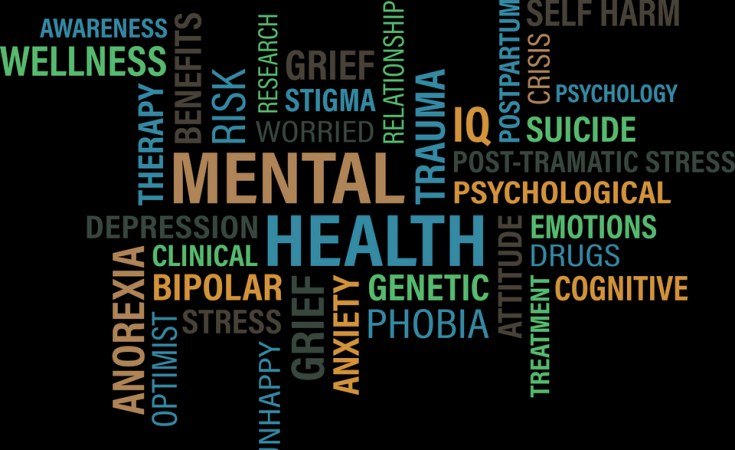The Rwanda Biomedical Centre (RBC) has sounded a warning about the persistent shortage of psychiatrists to meet the growing demand for mental illness treatment in the country.
Despite the requirement of at least one psychiatrist per district hospital, there are currently only 15 professionals available nationwide, creating a significant deficit.
According to a survey conducted in 2018, the prevalence of mental health disorders among Rwandans was estimated to be 20.5 percent.
In October 2022, Ndera Neuro-Psychiatric Teaching Hospital recorded a substantial increase in patients seeking treatment for depression, with 7,817 cases compared to 1,743 in 2021.
Dr. Jean Damascène Iyamuremye, Director of the Psychiatric Care Unit in the Mental Health Division, expressed concern about the shortage of psychiatrists, attributing it to the escalating mental health issues in the country. He emphasized the goal of ensuring that every district hospital will have at least one professional by 2030.
"The increase in mental illnesses in Rwanda can be attributed to several factors. The COVID-19 pandemic has devastated people's lives, followed by a volcanic eruption near Rubavu district, and subsequent flood disasters that ravaged parts of the Western, Northern, and Southern provinces," he explained.
"We require more specialized psychiatrists with expertise in various aspects of mental health, particularly in children's mental health. Currently, we only have a limited number of professionals," he added.
Dr. Iyamuremye highlighted the low number of students pursuing psychiatry as a career path, citing the perception that there is limited demand for treatment among individuals experiencing mental disorders.
To address the shortage, Rwanda currently produces 3-4 psychiatry graduates annually.
He also emphasized the extensive training required to become a psychiatrist, which includes approximately 10 years of university education, including six years of studying general medicine and four years dedicated to psychiatry.
Dr. Iyamuremye revealed that by the end of 2023, each primary health care facility will have a psychologist or psychiatric nurse as the initial step in providing adequate mental health treatment to the community.
According to the RBC, Rwanda currently has 2,000 psychologists working across various sectors, with 600 serving in the healthcare sector.
The country also has 500 psychiatric nurses, who are trained to provide care for individuals with mental health conditions or behavioral problems, addressing both their psychological and physical well-being.
Despite the ongoing challenges, Rwanda has made progress since 2000 when there were no psychiatrists available. In 2013, the University of Rwanda - College of Medicine and Health Sciences began offering psychiatry courses.
During a recent session with the Committee on National Budget and Patrimony in the parliament, Dr. Sabin Nsanzimana, the Minister of Health, emphasized the need to address the shortage of doctors, lack of modern resources, and enhance the capabilities of physicians to reduce the number of patients seeking treatment abroad.


